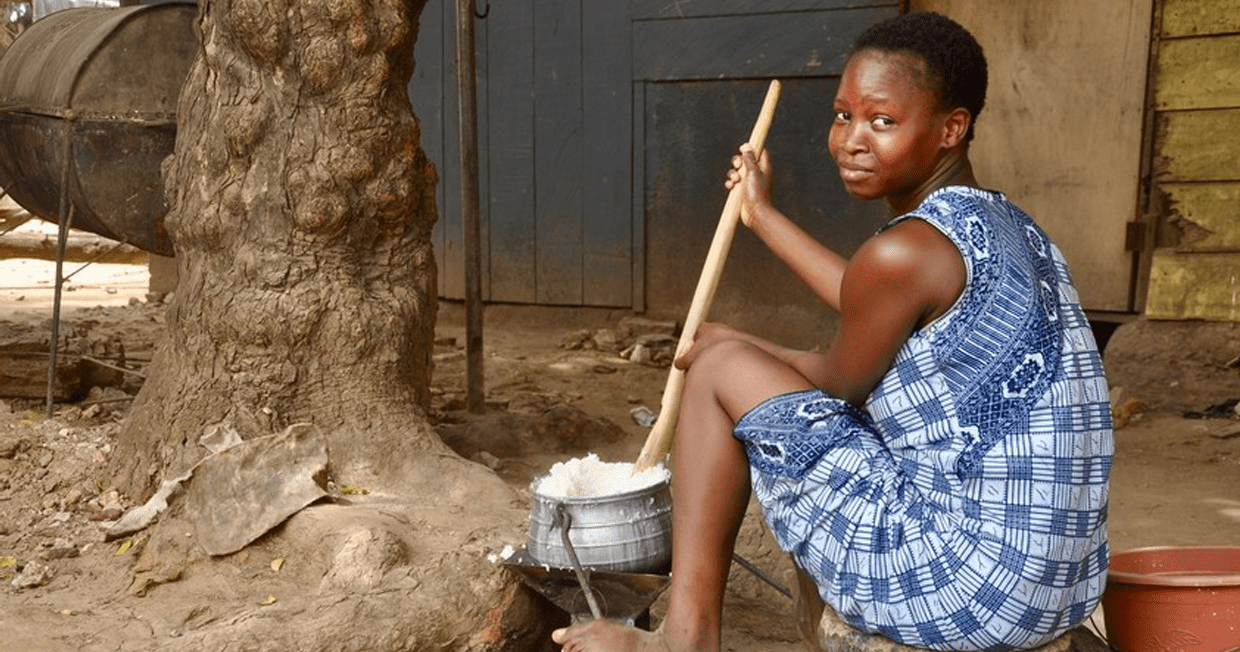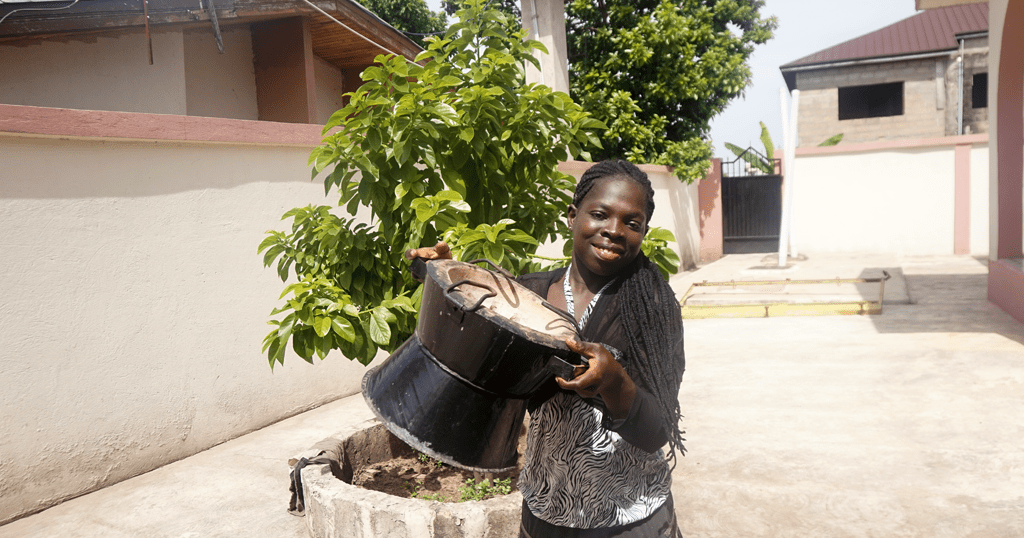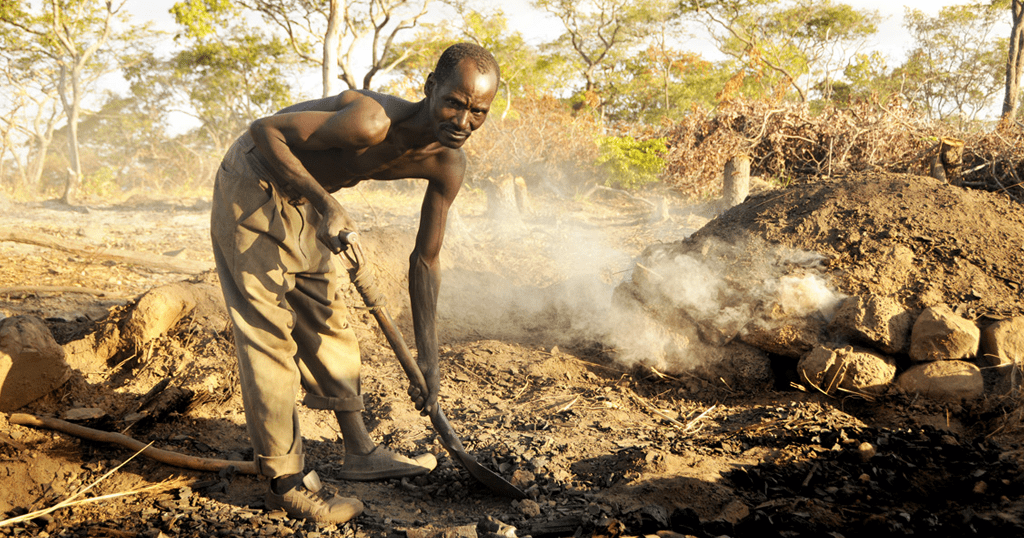Welcome to Our Site
Satakunta Ventures is a Social Enterprise that focuses on climate change ideas by turning it into profitable ventures to help sustain the fight against Climate Change. We are based in Kumasi, Ghana.
ABOUT US
We are currently involved in the production of Improved Cook Stoves, Solar installations and Solar related products and Smart Agriculture.
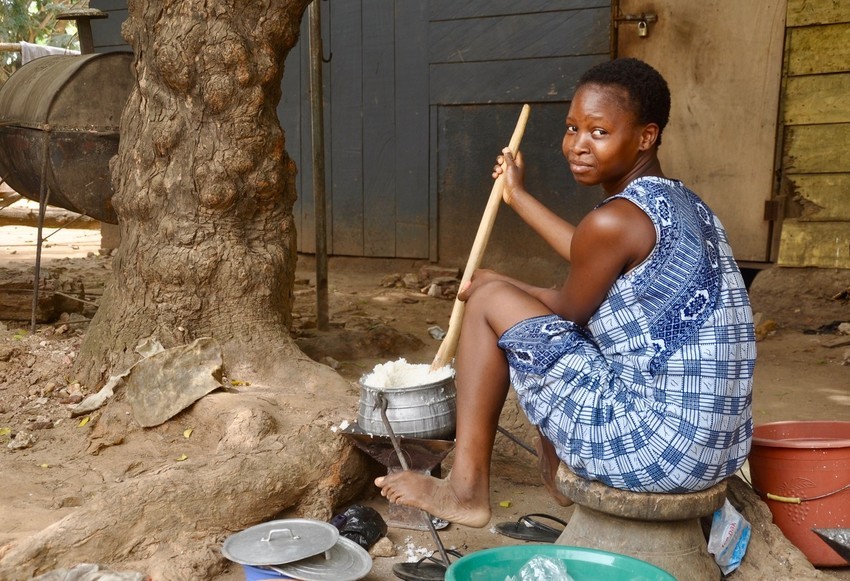
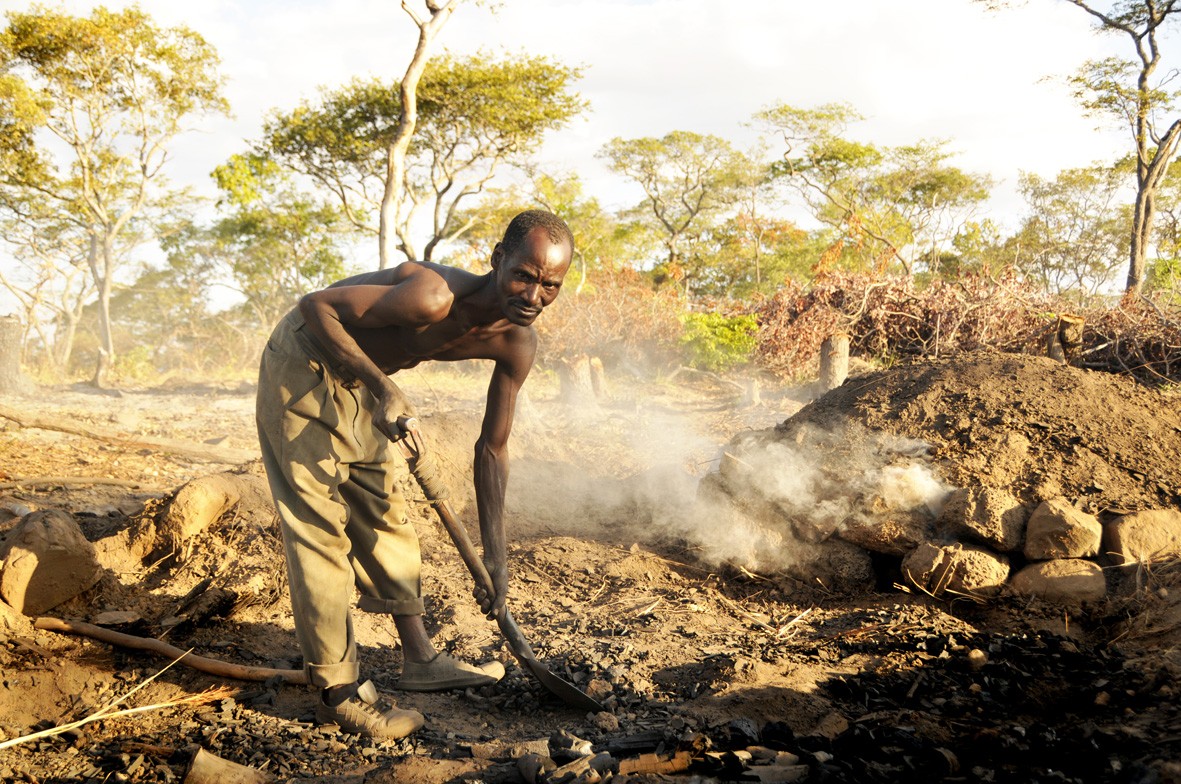
What we do
SATA Clean Cook Stove Project-Ghana
The Sata Clean Cook Stoves are Improved Cook Stoves produced locally by adopting traditional designs made from locally available materials such as metal sheet, clay and sawdusts.
The use of wood and charcoal as a source of cooking energy had declined over the years compared to the 1980’s. However due to increase population, rural urban migration and the high cost of Liquefied Petroleum Gas (LPG) there has been a rise in the use of wood and charcoal especially Charcoal as most LPG cooking cylinder owners have now resorted to the use of traditional cooking stoves which emit a lot of smoke.
Mission of the Project
This project will make available improved Cook stoves to households to replace the traditional cook stoves and Coal pots that consume a lot of Charcoal and wood; in effect it reduces the use of such fuels from 30% to 50%. This will in turn reduce carbon dioxide emissions and deforestation.
The project aims to sell 250,000 to 400,000 improved Cook stoves within the 5years in the Ghanaian market and with additional number of stoves being sold in other neighbouring countries to double this target.
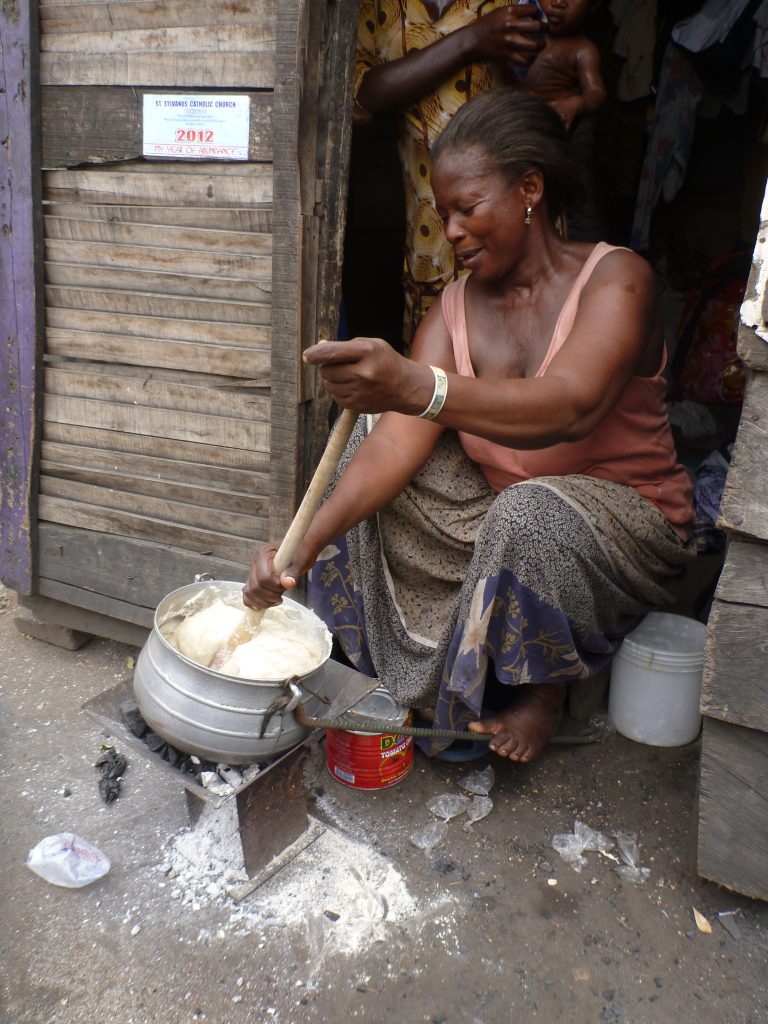
The Advantages
This project will not only help mitigate the fight against Climate Change by the reduction in the use of charcoal ( which will help slow deforestation to manageable levels) but it will go a long way in attaining some critical Sustainable Development Goals like Good Health through reduction in the inhalation of smoke levels to cut down on respiratory diseases. The improved Stoves will reduce the use of Charcoal fuel saving households their hard earned disposable income. We intend to also create over 350 jobs to improve livelihoods by boosting the local economy.

